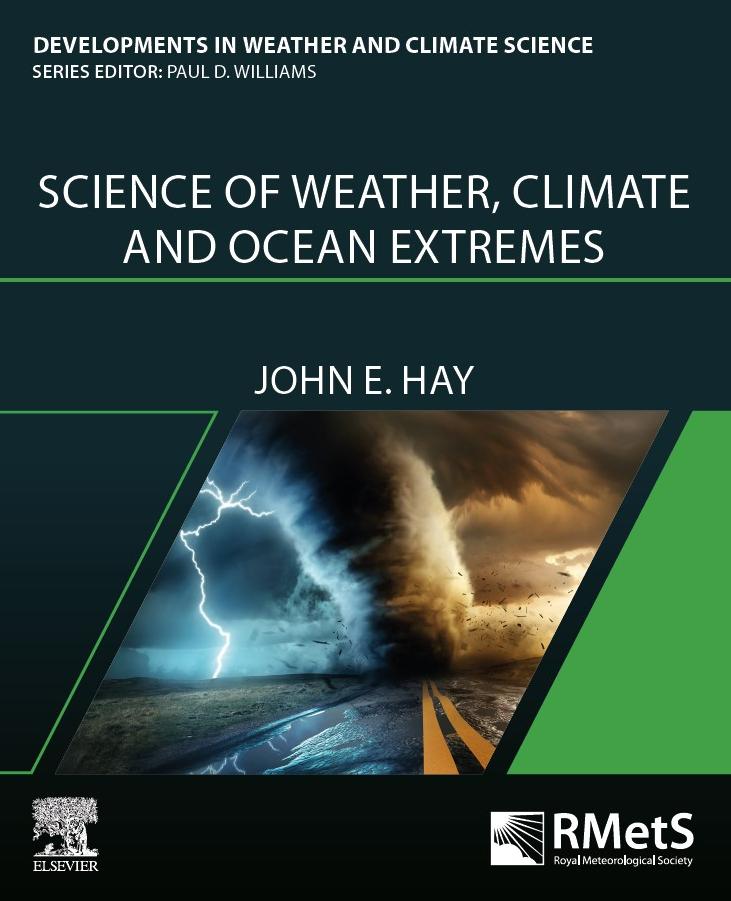The information is targeted, including by way of more detailed case studies from around the globe, as well as informative graphics. Material is presented in a cohesive and complete manner, due to the author's broad and in-depth subject area expertise. Thus the material is presented in a way that is accessible to both specialists and non-specialists alike
The book will help professionals gain an authoritative, evidence-based, and practice-relevant understanding of the processes and conditions that result in significant risks to both human and natural systems, now and in the future. It not only highlights recent advances in understanding and practice, but also identifies the need and opportunities for further progress.
Professor Hay has over fifty years’ experience in academia, the private sector and governmental organisations. His work has focused on bringing an interdisciplinary approach to the environmental sciences and to technical and policy-relevant assessments and guidance, especially in relation to climate extremes, variability and change. He works as a consultant and advisor to many national governments and regional and international organizations, including several United Nations agencies, the World Bank, the Asian Development Bank, the Governments of New Zealand and Australia, the Pacific Regional Environment Programme, the Secretariat of the Pacific Community, and Live & Learn. As a Lead Author for the Intergovernmental Panel on Climate Change (IPCC), John was a recipient of the Nobel Peace Prize, awarded jointly to the IPCC and Al Gore. John is also a recipient of a prestigious fellowship from the Guggenheim Foundation.

